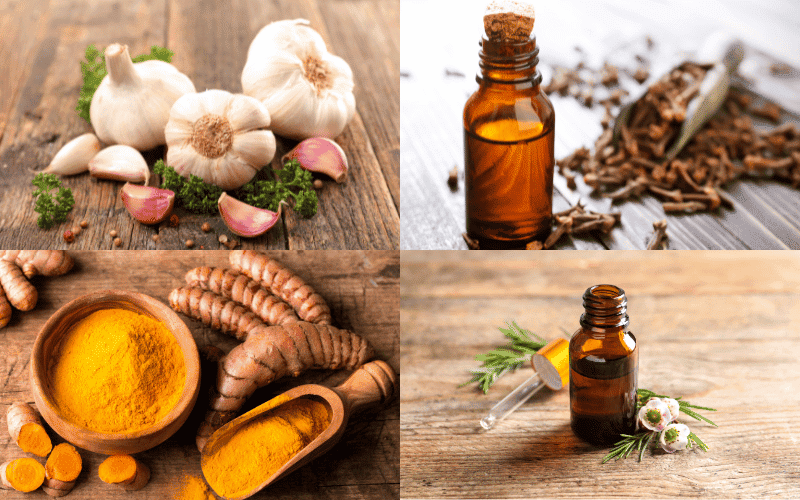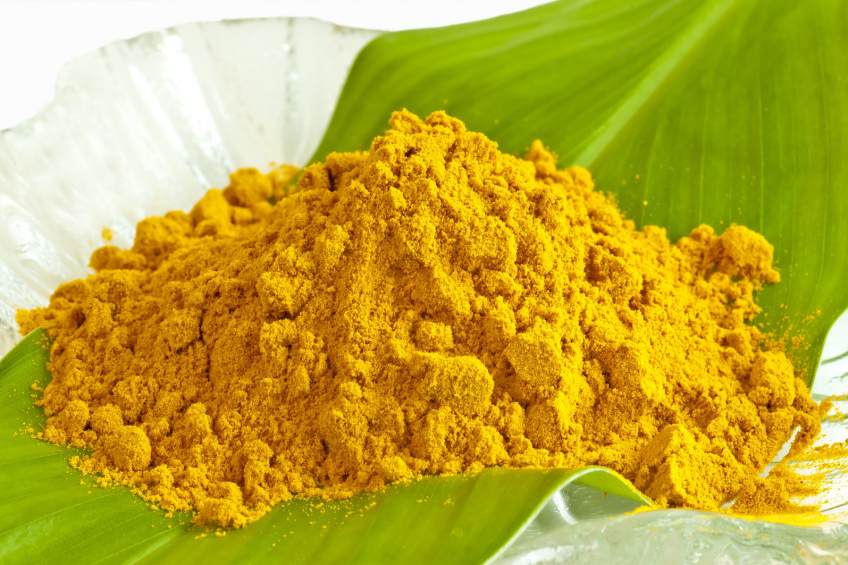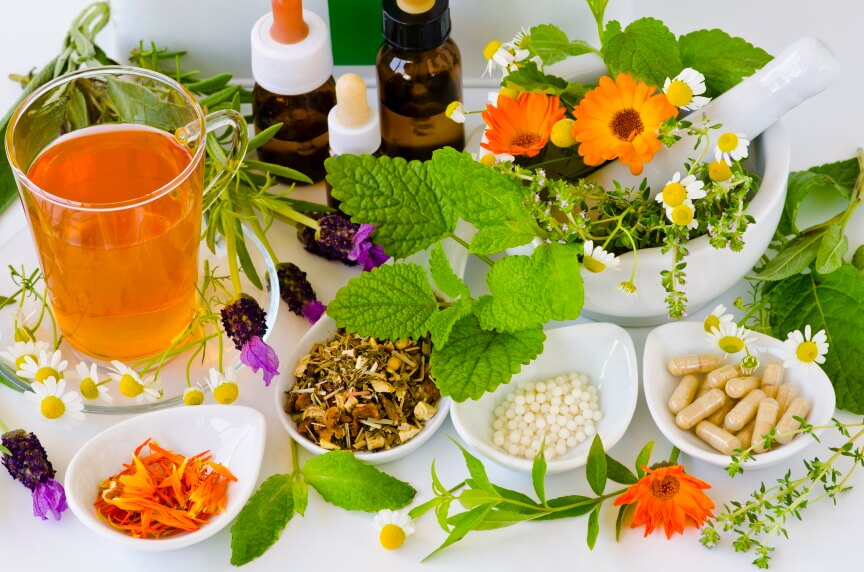As antibiotic resistance grows and side effects become more common, many turn to natural alternatives to antibiotics for safe, plant-based healing. These natural remedies fight infections, strengthen the immune system, and support the body without damaging gut flora. Herbs, oils, and foods act as nature’s antibiotics, offering solutions for both bacterial and viral infections without creating resistance or harming beneficial microbes.

Why We Need Natural Options
Overuse of synthetic antibiotics damages the gut microbiome, causes resistance, and often leaves the immune system weaker. Many infections today don’t even respond to conventional drugs. Natural alternatives to antibiotics offer a powerful, low-risk solution. Unlike pharmaceuticals, they support immune function and work with the body’s natural defenses. Ingredients like raw garlic, oregano oil, and echinacea not only fight pathogens but also nourish internal systems. These remedies don’t kill everything in sight—they selectively target harmful microbes. Whether dealing with sore throat, sinus infection, or digestive imbalance, natural remedies can often match or outperform their synthetic counterparts.
Top Antibacterial Herbs and Spices
Nature provides an incredible pharmacy. Garlic, one of the most potent natural antibiotics, contains allicin, which kills bacteria and fungi. Oregano oil disrupts bacterial cell walls and acts fast against respiratory infections. Turmeric contains curcumin, a compound that reduces inflammation and bacterial spread. Thyme, clove, and cinnamon also offer broad-spectrum action, especially for oral infections. These natural alternatives to antibiotics outperform many over-the-counter treatments in early stages of infection. Regular use of these spices not only prevents illness but also strengthens gut and immune resilience. Their synergistic effect often creates a balanced, long-term antimicrobial defense without triggering resistance.

Immune-Boosting Natural Antibiotics
Some herbs don’t just kill germs—they train your immune system to respond better. Echinacea increases white blood cell production, speeding recovery from colds and flu. Elderberry blocks viral replication, especially in early stages of infection. Astragalus root fortifies defenses by increasing natural killer cell activity. Colloidal silver, when used short term, inhibits bacterial growth. These natural alternatives to antibiotics build your internal army, making you less likely to get sick in the first place. They support the body’s ability to fight without suppressing symptoms, allowing more intelligent and effective healing.
Natural Antimicrobials for Gut Health
Gut health plays a central role in immunity. Instead of wiping out beneficial bacteria, these natural alternatives to antibiotics target bad microbes while preserving balance. Berberine, found in goldenseal and Oregon grape root, kills harmful bacteria, parasites, and yeast. Neem, widely used in Ayurvedic medicine, works against E. coli and H. pylori. Manuka honey, with its natural peroxide content, soothes the gut lining and combats infections like SIBO. Unlike prescription antibiotics, these herbs support mucosal repair and reduce inflammation. They’re ideal for recurring gut issues, especially when paired with probiotics and fermented foods for a full-spectrum gut recovery.

Daily Habits That Support Natural Healing
You can enhance the effect of these remedies with simple daily habits. Drink warm lemon water to alkalize and detoxify. Eat fermented foods like kimchi, sauerkraut, and kefir to feed beneficial microbes. Limit sugar, as it fuels pathogens. Stay hydrated and get sunlight for natural vitamin D synthesis. Sleep repairs immune function, and stress reduction through breathwork or meditation boosts white blood cell activity. These practices make your body more resilient to infection and help natural remedies work better. Long-term success with natural alternatives to antibiotics depends on consistent self-care and lifestyle alignment.
When to Seek Professional Help
Natural remedies work best in early or mild infections. If symptoms worsen or persist, seek medical help. For serious infections like pneumonia, sepsis, or kidney infections, you may need antibiotics. Still, you can use natural alternatives to antibiotics alongside treatment to speed recovery, reduce side effects, and support your microbiome during and after medication.
Final Thoughts
The rise of resistant infections demands a smarter approach. Natural alternatives to antibiotics empower the body, protect the
